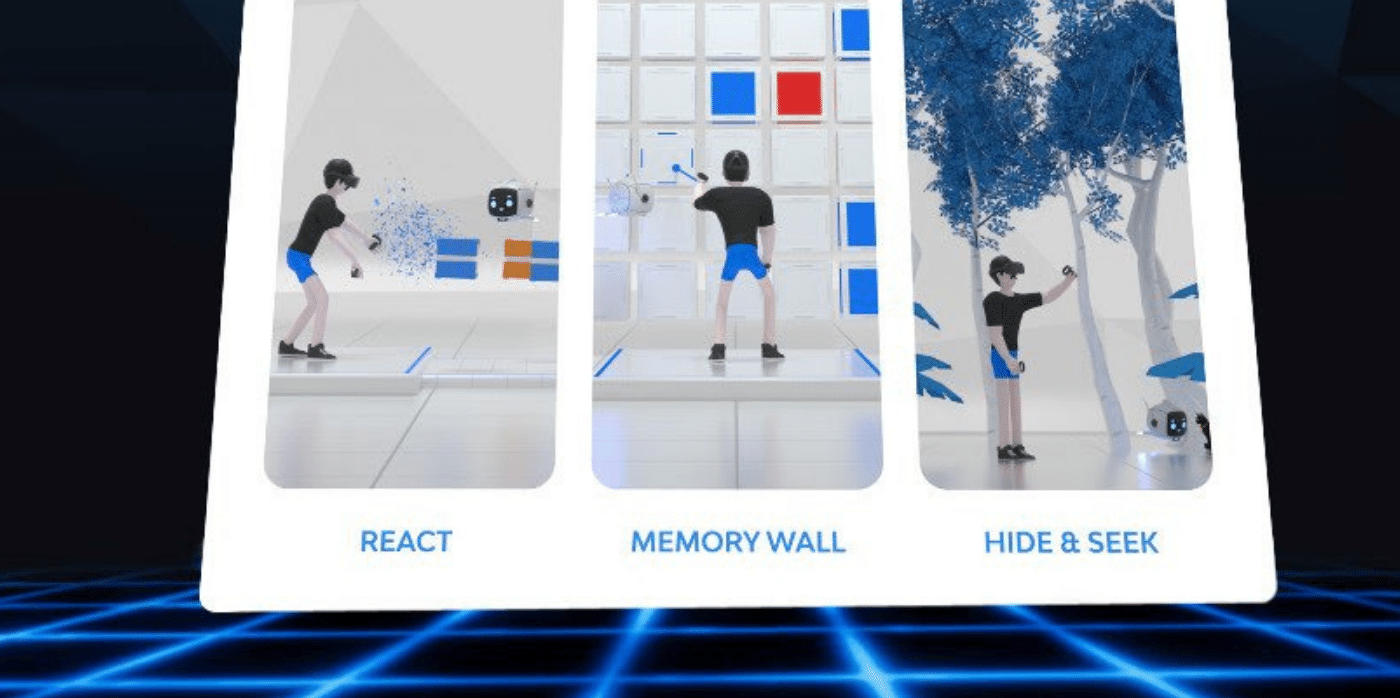AI boosts safety by monitoring drivers’ cognitive state

Spotted: Each year, around 1.19 million people lose their lives in car accidents around the world. Recognising the severity of this issue, the United Nations General Assembly aims to cut road deaths in half by 2030. Israel-based startup CorrActions could play a pivotal role in achieving this target by helping to tackle the main cause of road accidents: human error.
CorrActions has developed a software, powered by artificial intelligence (AI), that detects cognitive abnormalities in drivers and passengers. Using human-motion sensors in vehicles, such as those in the steering wheel, seats, and other devices, the software analyses micro muscle movements reflecting brain activity. These movements can indicate various cognitive states, including driver intoxication, fatigue, and distraction.
As Volvo, a key investor, recognises, this technology has the potential to become a crucial and widespread feature in safety systems globally. The company has recently raised $7.25 million in its Series A funding round, led by Volvo Cars Tech Fund. CorrActions is currently engaged with multiple automakers to implement the solution into their vehicles.
Springwise has previously spotted other innovations that have harnessed AI to make transport safer, from an assisted train driving system to a real-time AI feature for a rideshare system.
Written By: Georgia King


